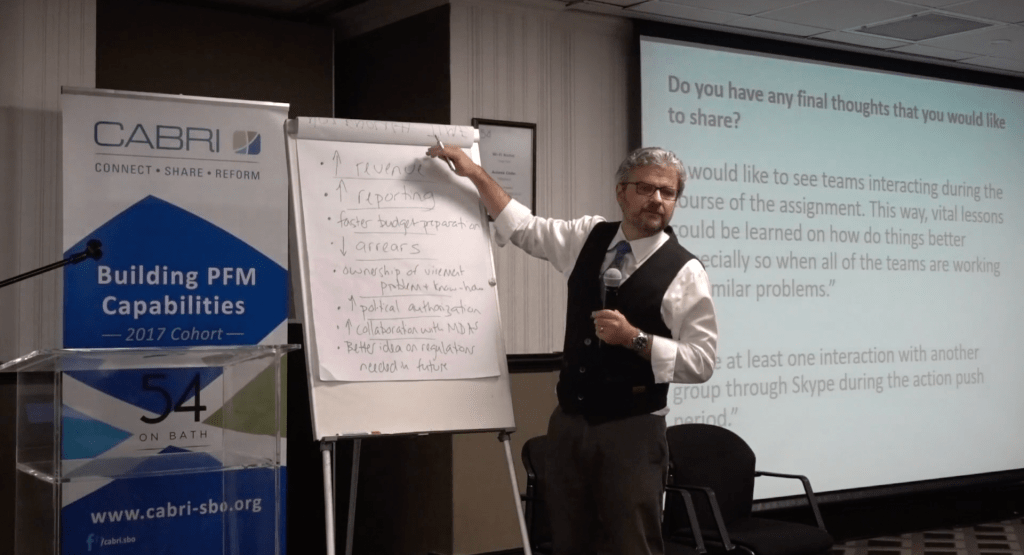written by Matt Andrews We at the Building State Capability (BSC) program have been working on PDIA experiments for five years now. These experiments have been designed to help us learn how to facilitate problem driven, iterative and adaptive work. We have learned a lot from them, and will be sharing our lessons—some happy, some frustrating,…Continue Reading PDIA Notes 1: How we have PDIA’d PDIA in the last five years
PDIA Notes 1: How we have PDIA’d PDIA in the last five years
